Comfort and Fit
Comfort and fit are two non-negotiable features when it comes to DJ headphones. Considering that DJs often perform long sets, headphones that offer superior comfort and an optimal fit can greatly enhance performance by eliminating unnecessary distractions.
Ear Cup Design
The design of the ear cups plays a crucial role in comfort, and there are generally two types to choose from: over-ear and on-ear. Over-ear headphones, such as the Sony MDR-7506, have large ear cups that fully encompass the ears. They offer excellent noise isolation and tend to deliver a more immersive sound experience. However, they can be a bit bulkier than their on-ear counterparts.
On-ear headphones, like the Sennheiser HD 25, sit directly on the ears. They’re typically lighter and more compact, which could be beneficial for DJs who move around a lot during their sets. However, they might not provide as much noise isolation as over-ear models.
Headband Design
The headband is another critical element in terms of comfort and fit. A well-constructed, adjustable headband like the one found on the Audio-Technica ATH-M50x, can provide a secure yet comfortable fit. Some headbands are also padded for extra comfort and can be adjusted to fit various head sizes. A flexible headband, like the one on the Pioneer DJ HDJ-X10, is ideal because it can adapt to different head shapes and sizes without causing discomfort.
The Aesthetics: Design and Style
While sound quality and comfort are the main concerns when choosing DJ headphones, the design, and style should also be considered. After all, DJing is not just about the music but also the performance. A stylish pair of headphones, like the V-MODA Crossfade M-100, can add to your stage presence and help you stand out.
Additionally, headphones with a robust design and premium materials look good and promise durability. For example, the metal components of the V-MODA Crossfade M-100 not only give it a high-end look but also make it sturdy and durable.
Sound Quality
Sound quality is the heart of any pair of headphones, especially DJ headphones. DJs need to be able to clearly hear every beat, every note, and every nuance in the music to mix tracks seamlessly. Several factors contribute to sound quality, and we’ll delve into a few of them here.
Frequency Response
The frequency response of headphones represents the range of audio frequencies they can reproduce. Most headphones cover the full spectrum of audible frequencies (20Hz to 20kHz), but some go beyond this range. The Pioneer DJ HDJ-X10, for instance, boasts a frequency response of 5Hz to 40kHz, ensuring you won’t miss any details in your tracks.
Sound Signature
The sound signature of headphones refers to how they render different frequencies, affecting the overall sound profile. Some headphones emphasize certain frequencies over others. For instance, the Audio-Technica ATH-M50x is known for its balanced sound signature, ensuring equal bass, mids, and treble representation. This provides a neutral sound that is ideal for accurately monitoring your mixes.
Driver Size
In headphones, the driver is the component that produces sound. Typically, the larger the driver, the better the sound quality, especially in terms of bass response. The V-MODA Crossfade M-100 houses large 50mm dual-diaphragm drivers that create a vibrant and multi-dimensional sound, ideal for DJs playing bass-heavy genres.
Noise Isolation
The bustling ambiance of a club or live event is an exhilarating experience for attendees but can pose a challenge for DJs. This is where noise isolation comes into play. A feature paramount to the design of the best DJ headphones, noise isolation allows DJs to focus on their mix undisturbed by external noise.
Headphones like the Sennheiser HD 25 are known for their excellent noise isolation capabilities. This is largely due to their closed-back design and snug fit, which effectively seal off your ears from ambient sound. Noise isolation is essential for DJs as it allows them to accurately monitor the music they’re mixing, even in the noisiest environments.
When considering noise isolation, it’s crucial to understand the difference between noise isolation and noise cancellation. Noise isolation, as the name suggests, isolates the listener from external noise by creating a physical barrier between your ear and the environment. On the other hand, noise cancellation is a technology that actively cancels out ambient noise by generating sound waves that counteract unwanted noise.
While noise cancellation can be beneficial in certain situations, it is not typically a feature sought after in DJ headphones. This is because noise cancellation can sometimes alter the sound quality and introduce a slight delay, which is not ideal when you need to accurately mix and cue up tracks.
Durability: Ready for Rough and Tumble
DJ headphones need to be tough. They are constantly being taken on and off, twisted, turned, packed, and unpacked. A durable pair of headphones can save you from frequent replacements. Look for headphones with robust construction and high-quality materials. The V-MODA Crossfade M-100, for example, has a sturdy steel frame and virtually indestructible Steelflex headband that can withstand a lot of abuse.
Cable Design
The cable might seem like a minor detail, but it can greatly affect your DJing experience. Like the one on the Audio-Technica ATH-M50x, a coiled cable is less likely to get tangled and can extend when you need more length, making it perfect for DJing.
Removable cables, like those on the Pioneer DJ HDJ-X10, are also a great feature. They allow you to easily replace the cable if it gets damaged or if you need a different length without needing to replace the entire set of headphones.
Portability
If you’re a DJ who travels frequently, portability should be high on your list of priorities. Look for headphones that are designed with DJs on the move in mind. Foldable designs, like the Korg NC-Q1, are compact and can be easily stowed away in your bag.
The AIAIAI TMA-2 Modular takes portability a step further. With its unique modular design, you can disassemble and reassemble the headphones based on your needs, making them extremely portable and customizable.
Customizability
Customizability is a less common but highly beneficial feature in DJ headphones. The AIAIAI TMA-2 Modular headphones offer this unique advantage. You can mix and match different speaker units, earpads, headbands, and cables to create a pair of headphones that perfectly suits your needs.
Price and Value
Finally, consider the price and value of the headphones when selecting the best DJ headphones for your needs. While it may be tempting to opt for the most affordable option, keep in mind that investing in a high-quality pair of headphones can provide better sound quality, comfort, and durability in the long run. Evaluate the features and performance of each model in relation to its price to determine the best value for your investment.







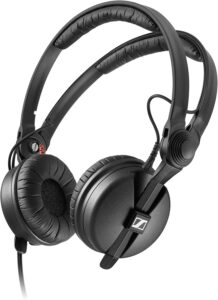
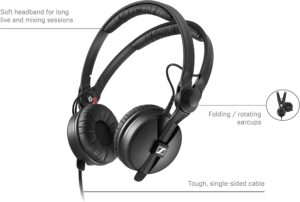
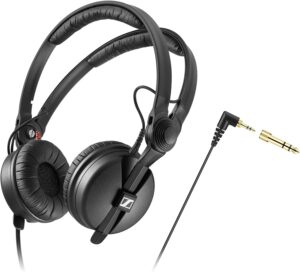
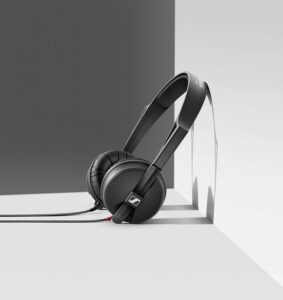

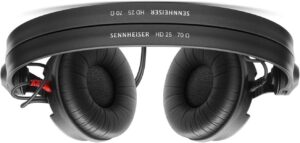
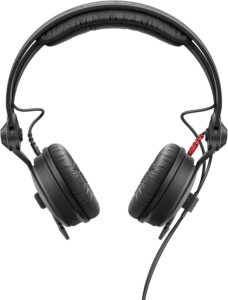
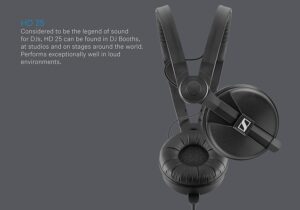



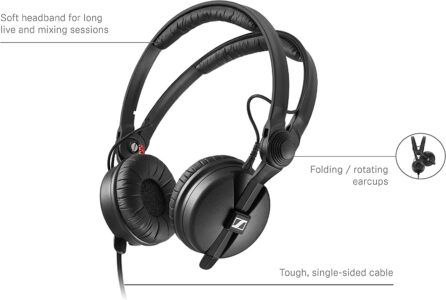
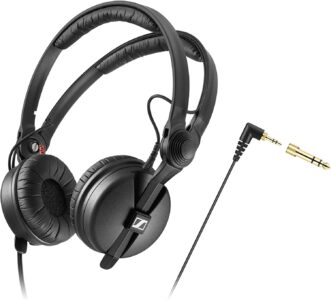
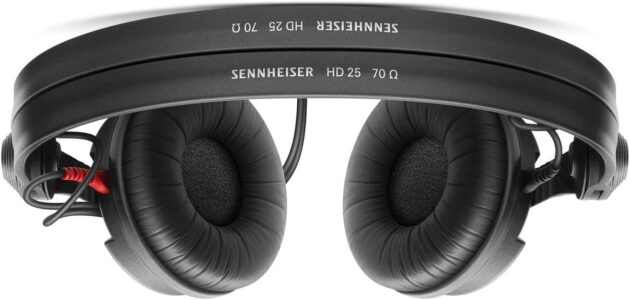
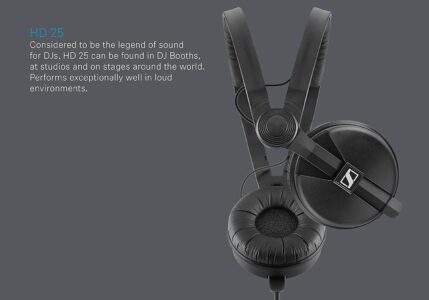
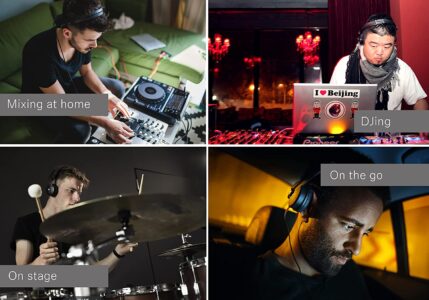
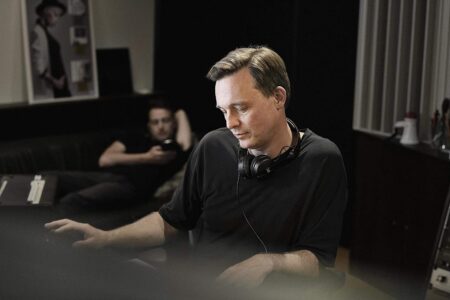
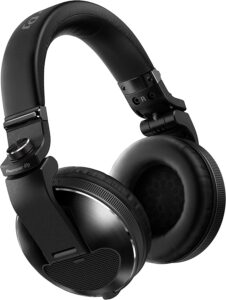
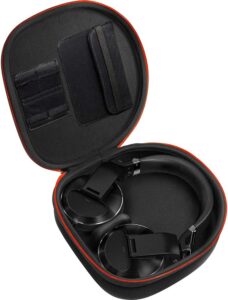
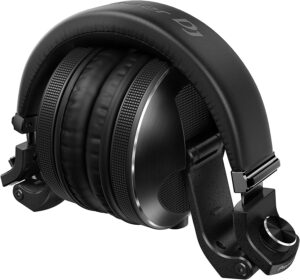
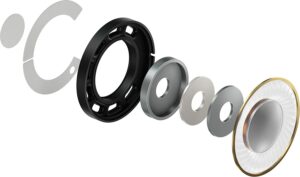
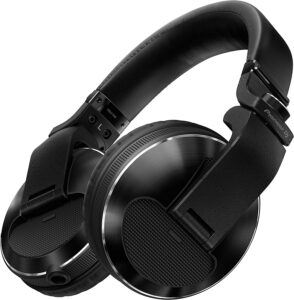
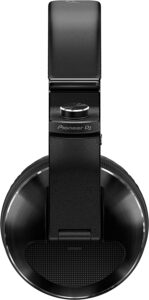
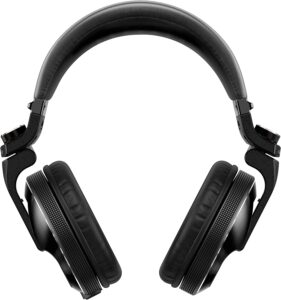
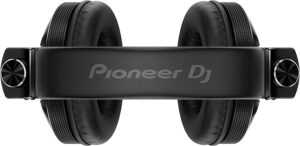
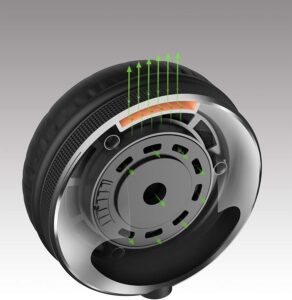
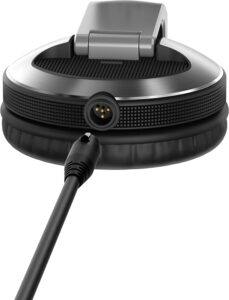
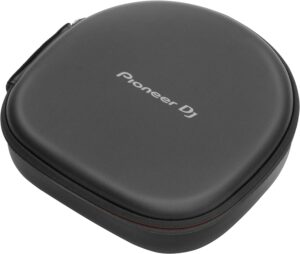
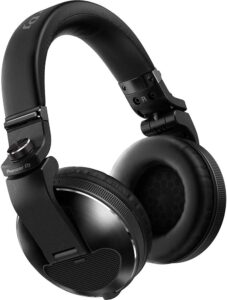
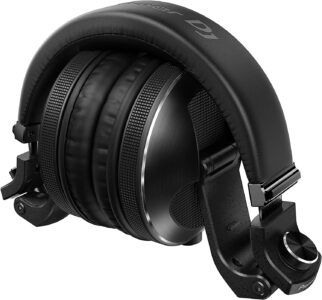
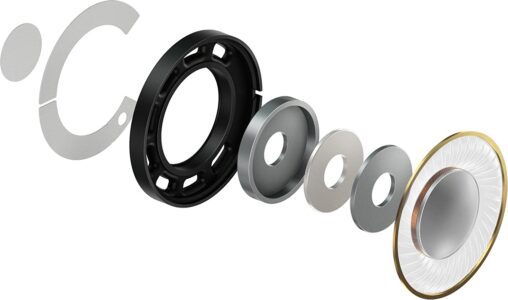
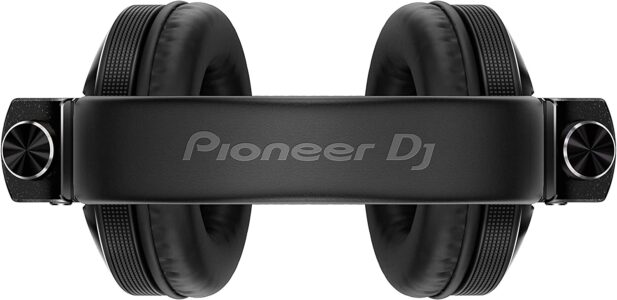
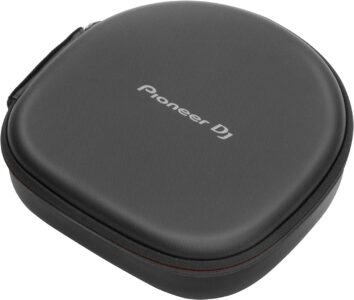
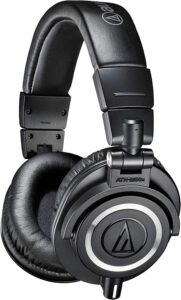
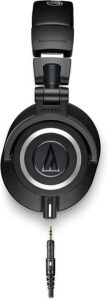
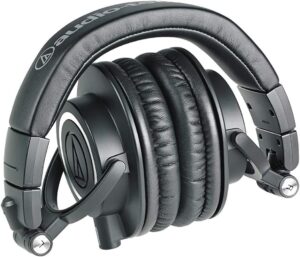
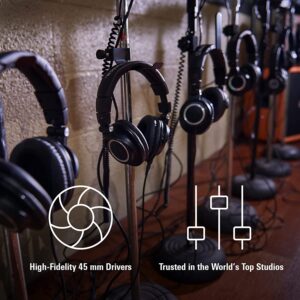
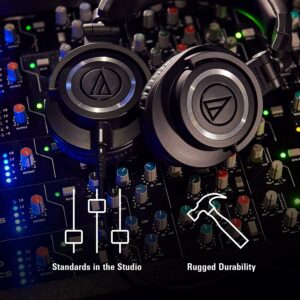
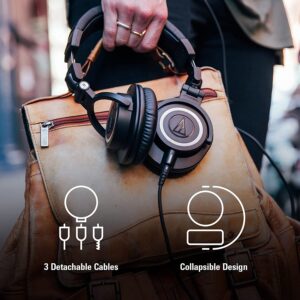
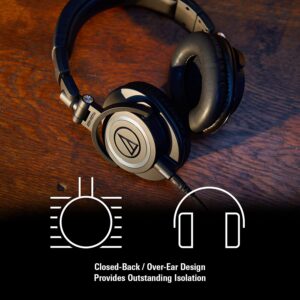
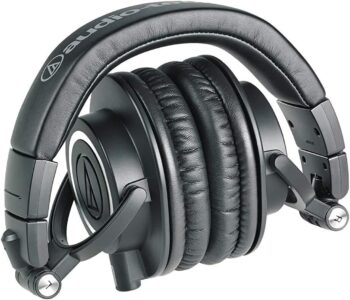
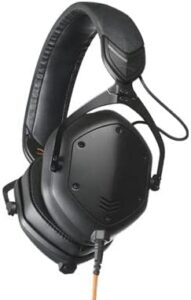
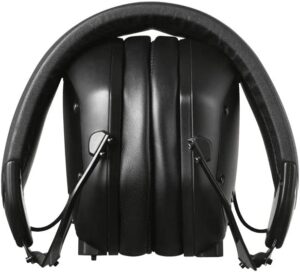
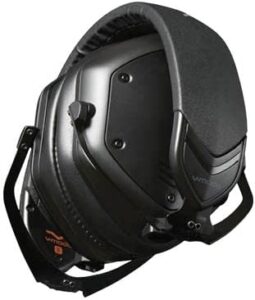
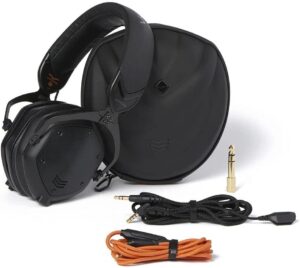
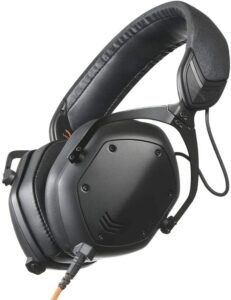
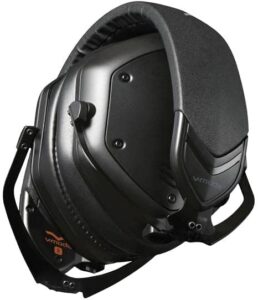
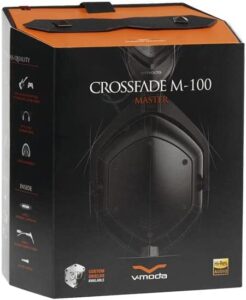
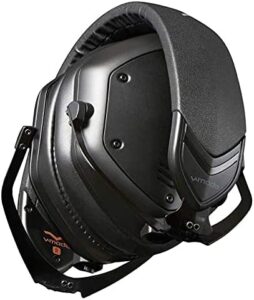
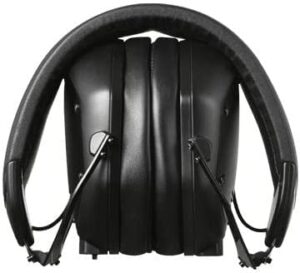
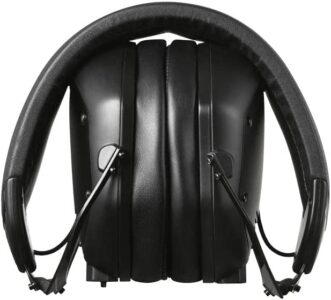
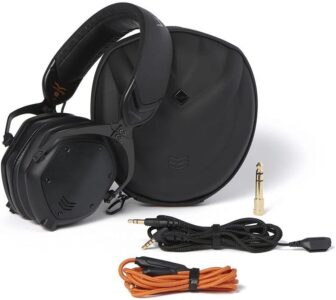
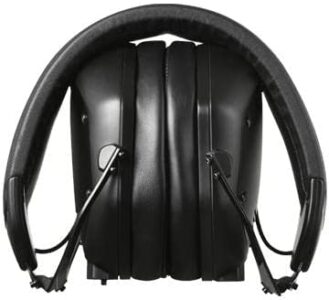
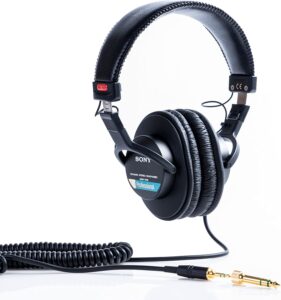
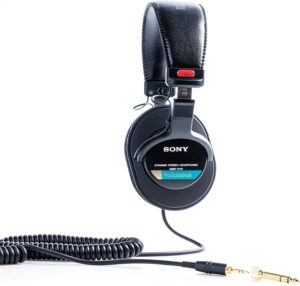
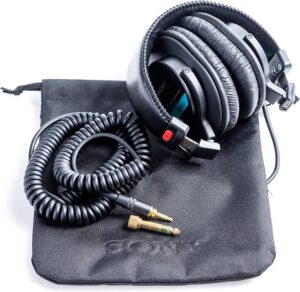

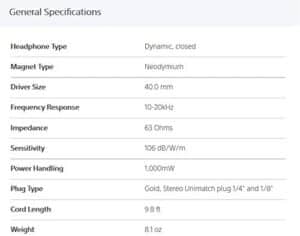
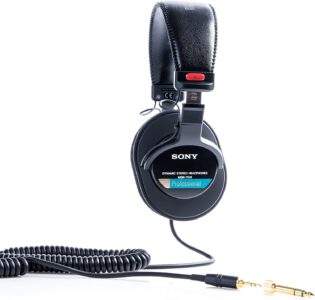
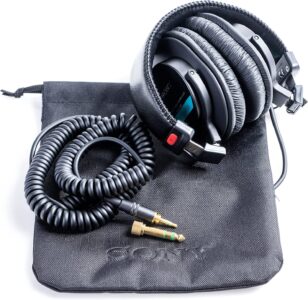
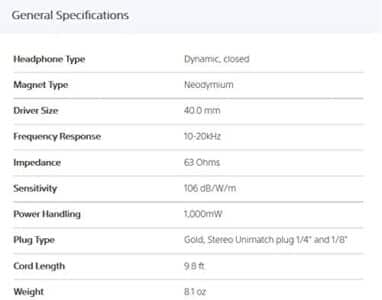
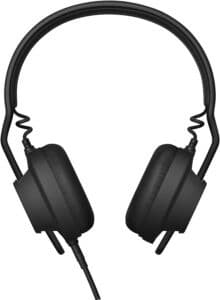
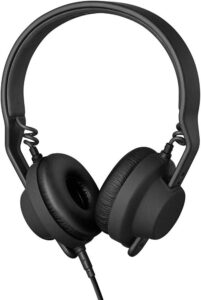
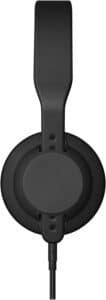
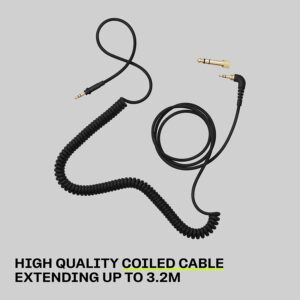
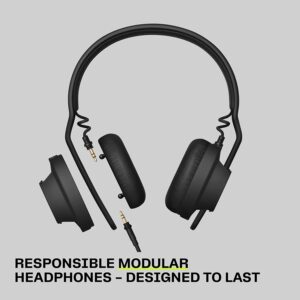
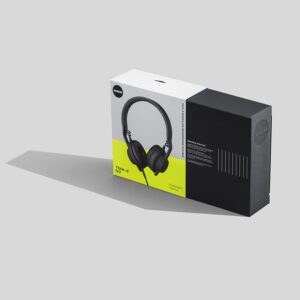
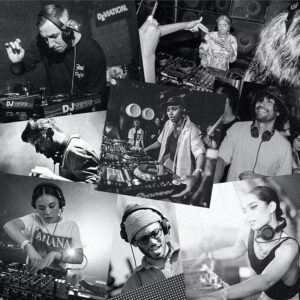
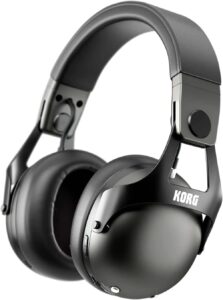
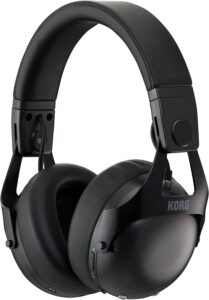

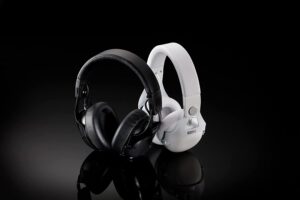
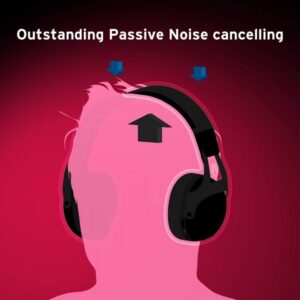
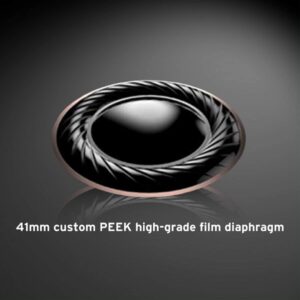
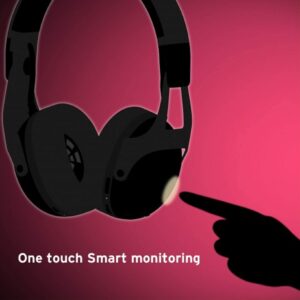
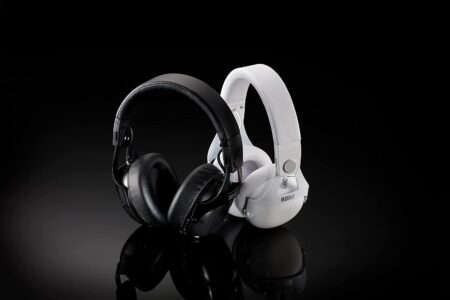





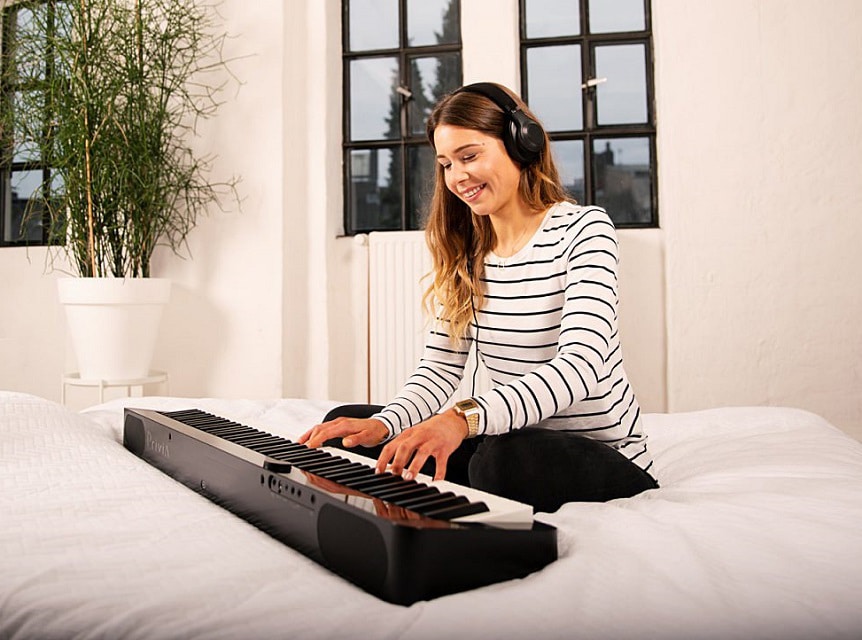
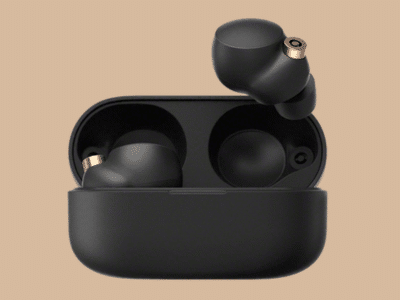
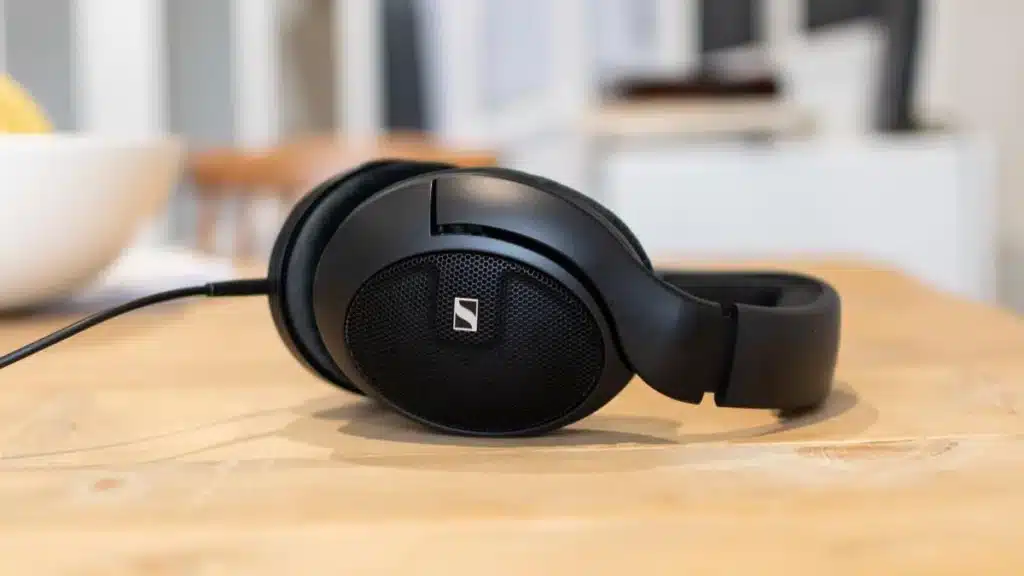
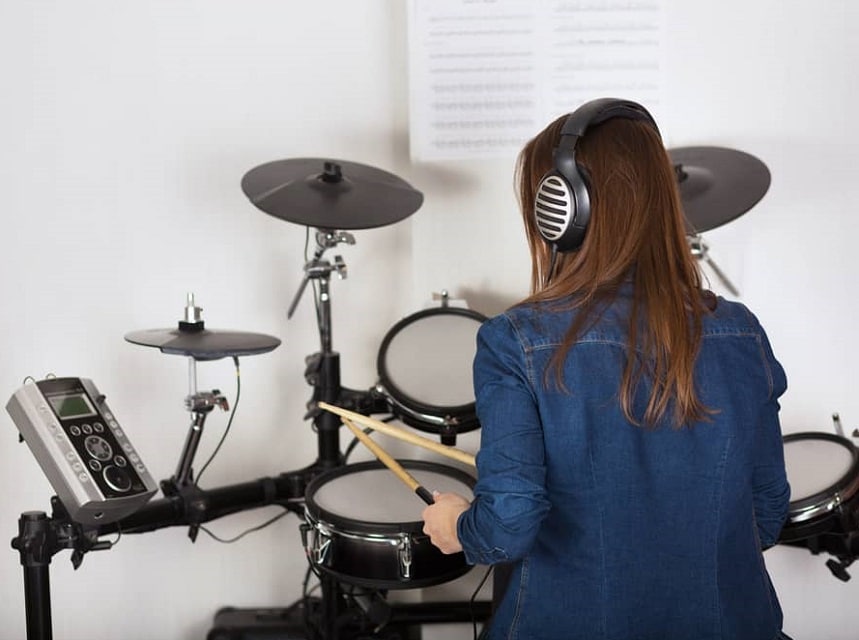
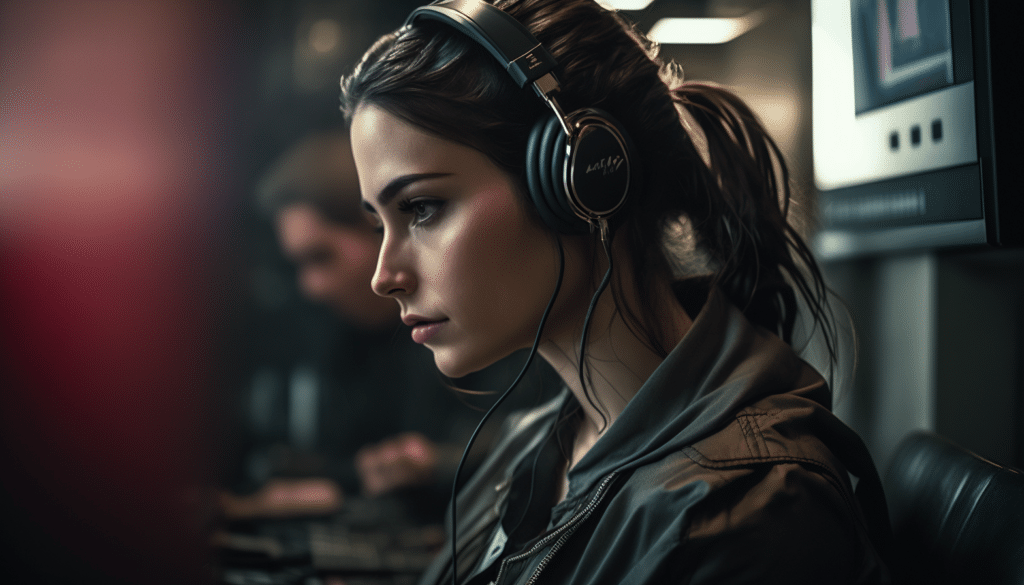
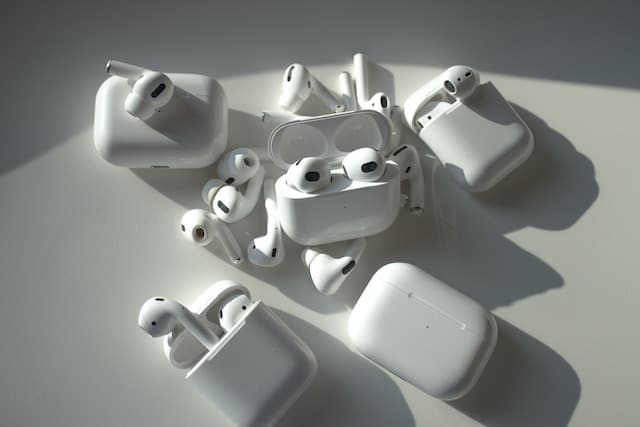
I’m just starting out as a DJ and I’m looking for a good pair of headphones. This guide has been really helpful in understanding what features to look for. I think I’ll go with the Sony MDR-7506, they seem comfortable and offer great noise isolation.